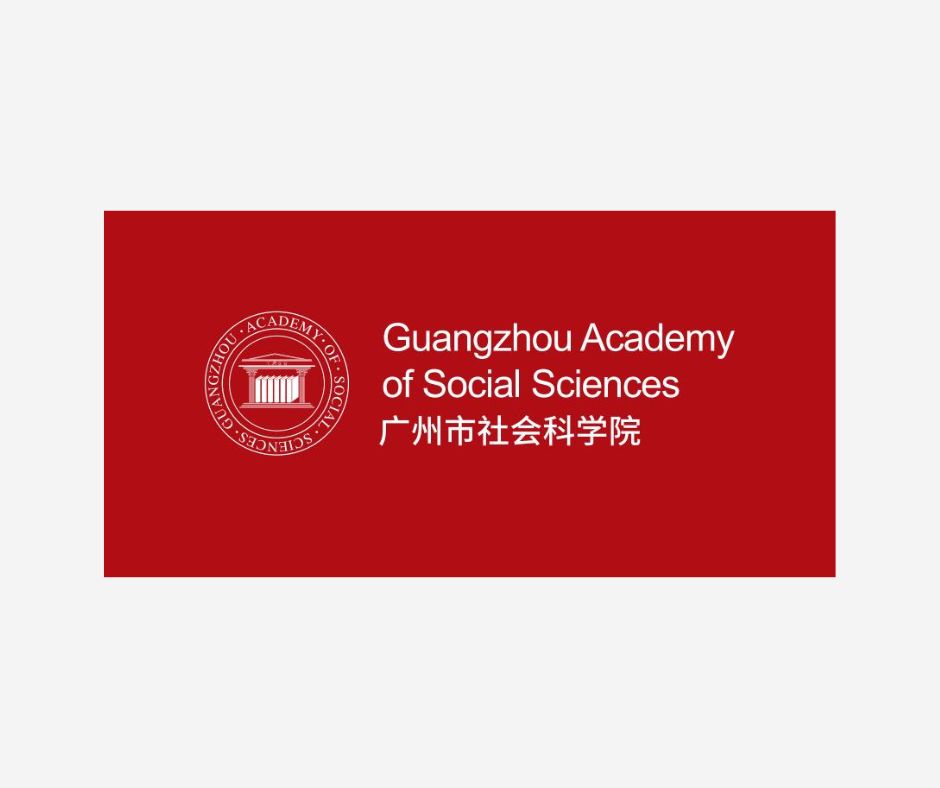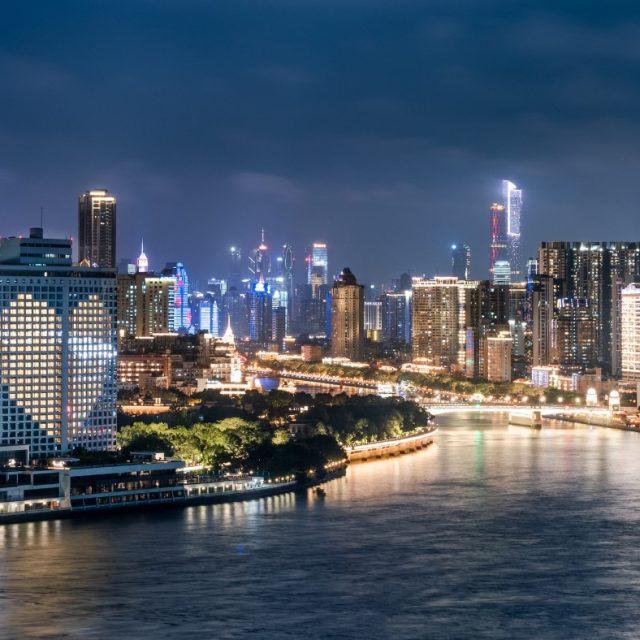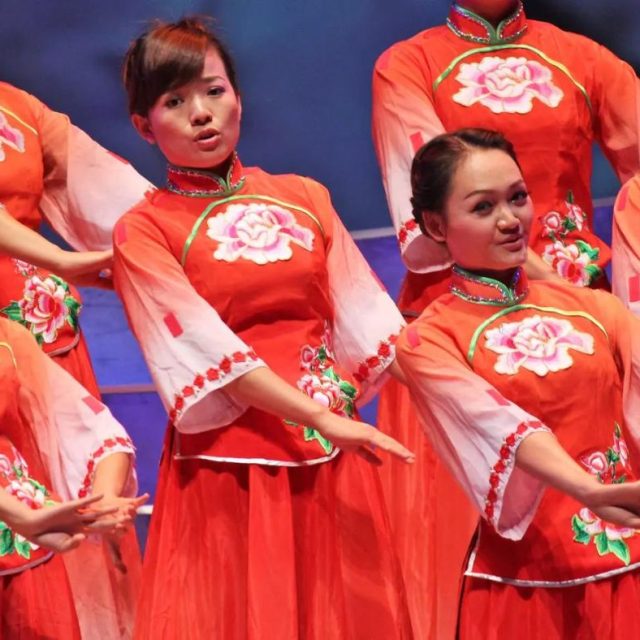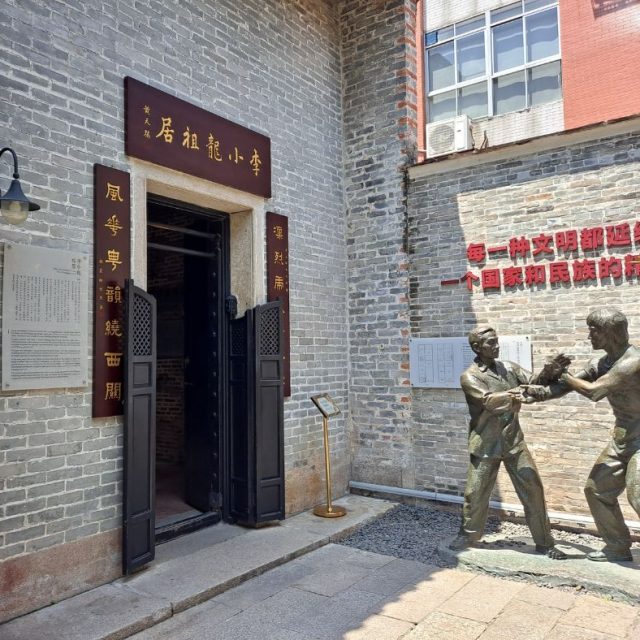Innovative partnerships: Guangzhou embraces cultural heritage projects
With a history spanning over 2,200 years, Guangzhou is China’s oldest port and is referred as the ‘millennium commercial capital’ due to its business connections with the wider world
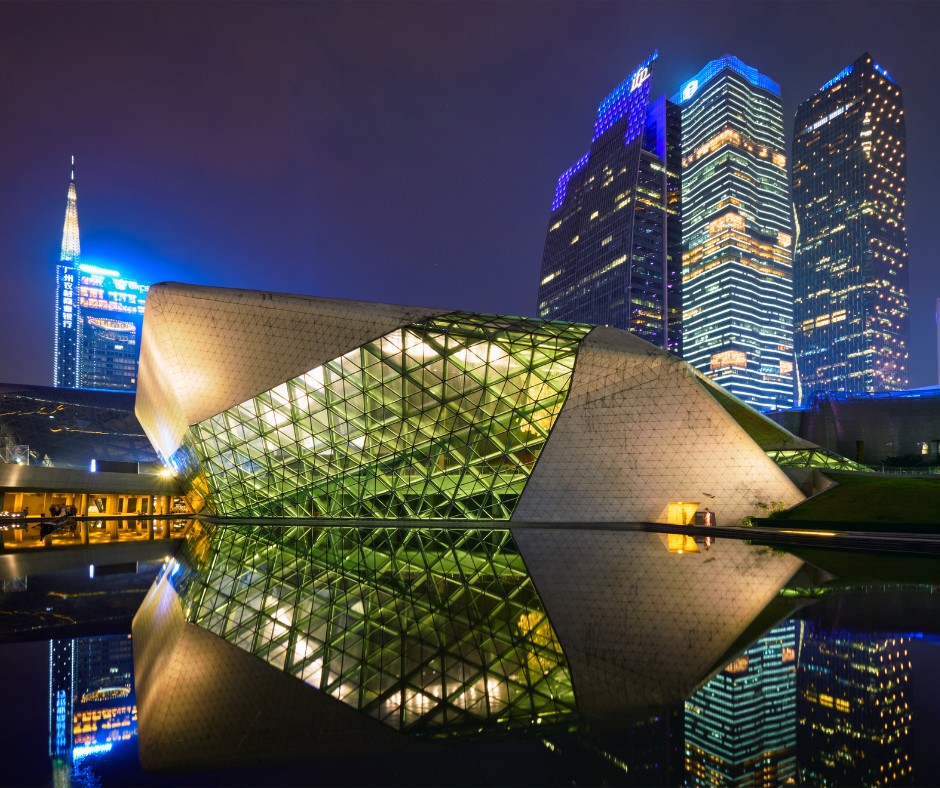
Cultural Heritage
Culturally, Guangzhou is a bastion of Lingnan traditional culture, which continues to thrive in both its architectural heritage and intangible cultural traditions. Additionally, the city boasts substantial environmental assets, with 42% green coverage throughout the city region, earning it recognition as an International Garden City by the UN. The City Government is currently dedicated to improving the quality of life for all its citizens and has received the UN’s Best Practice Award for Improving Human Settlements.
Guangzhou takes pride in preserving its traditional Lingnan culture while actively promoting the urban culture of a modern city. The city’s more traditional cultural treasures encompass Cantonese opera, Cantonese music, and the historic Thirteen Hongs of Canton, where foreign trade initially took root. Guangzhou also houses significant Communist Party historic sites, including the location of the Third National Congress of the Communist Party of China, the Cemetery of the Guangzhou Uprising Martyrs, and the site of the Former Guangzhou Commune, among others.
Embracing Change
Since 2017, the “Summer in the City of Rams” event has run for six months, with a specific emphasis on blending various cultural forms to entertain and cultivate the cultural preferences of local residents, in addition to attracting numerous tourists. To bolster the cultural industries themselves, the Government has transformed scattered trade assets into the prominent Guangzhou Cultural Industrial Fair.
Innovative economic models, involving partnerships between the Government, businesses, and residents, have yielded projects that both preserve cultural heritage and enhance the overall quality of life in the modern city. A successful example of this is the micro-renovation of Yongqingfang district, which not only established the city’s inaugural intangible heritage community but also safeguarded its architectural heritage.

The Role of the Policymaker
The principal agencies overseeing culture in Guangzhou are the Guangzhou Administration of Culture, Radio, Television, and Tourism, along with the Guangzhou Development and Reform Commission. The latter holds responsibility for comprehensive planning and coordination of the city’s economic and social development, including reforms to the economic system. Both entities will align their efforts with the Government’s 15th Five-Year Plan for Guangzhou’s economic and social development, which also outlines long-term aspirations up to 2035. Key objectives within this plan encompass:
- Enhancing the availability of cultural services for the public.
- Safeguarding the city’s cultural heritage, encompassing tangible and intangible aspects.
- Developing the capacity to generate innovative and high-quality cultural products.
- Modernising the tourism industry.
- Promoting international cultural exchanges.
The Guangzhou Government has committed to a significant expansion of cultural infrastructure, with 194 recently constructed or planned cultural spaces, encompassing galleries, book bars, cultural tourism centers, and digitally-driven spaces that integrate culture, business, and tourism.
The Future
Some challenges persist: the development balance between urban and rural areas of Guangzhou remains uneven. While urban provisions are gaining strength, there is a need for the development of the nighttime economy. Ambitions related to new forms of tourism and the utilisation of digital technology to support culture are still in their early stages.
Although the city’s cultural sector is relatively small, and grassroots cultural institutions require support for growth, Guangzhou’s aspirations are exceedingly ambitious. It aims to provide its residents with more, improved, and diverse cultural experiences, connecting them to their cultural heritage while enhancing their quality of life. Furthermore, it seeks to attain international competitiveness and establish a reputation as a globally renowned cultural city.
Images copyright © Getty Images/Canva

